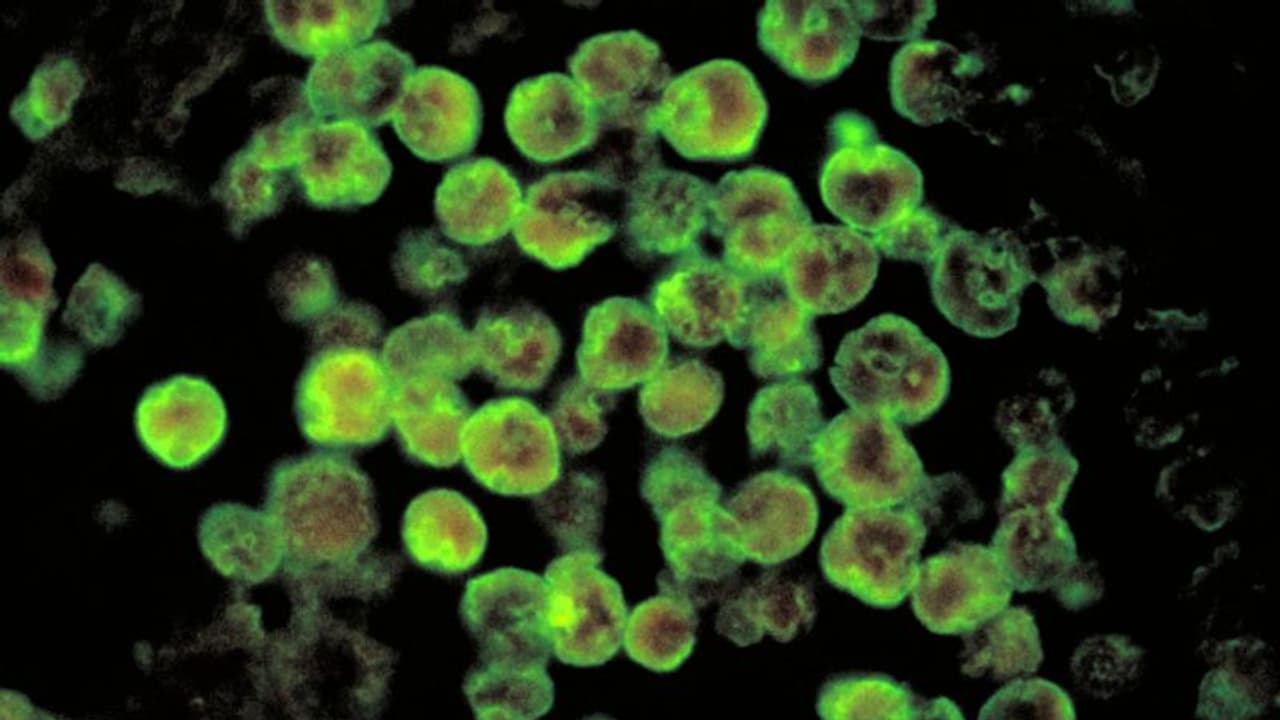A five-year-old girl, Fadwa PP from Munniyoor in Malappuram, died from Amoebic Meningoencephalitis at the Kozhikode Government Medical College Hospital. She had been under treatment since May 13, initially at a private hospital and later at Kozhikode Medical College, where she was on ventilator support for over a week
Kozhikode: A five-year-old girl, Fadwa PP, who was diagnosed with Amoebic Meningoencephalitis, a rare and severe disease, died at the Kozhikode Government Medical College Hospital on Monday night. Fadwa was the daughter of P. P. Hassan Koya and Fasna and hailed from Munniyoor in Malappuram. She had been receiving treatment at the Institute of Maternal and Child Health under the medical college since May 13. Despite the efforts of health officials and her family to obtain miltefosine, an essential medicine, the child was on ventilator support for more than a week.

The girl is believed to have contracted the infection after bathing in the Kadalundi River. Fadwa, a nursery student at Kaliyattamukku AMLP School, is survived by her mother and two siblings. Her funeral will be held at Kaliyattamukku Juma Masjid on Tuesday.
Earlier, tests of four other children who had bathed with Fadwa on May 1 tested negative. Initially admitted to a private hospital in Malappuram due to fever and headache, Fadwa was later transferred to Kozhikode Medical College for further treatment.
What is Amoebic meningoencephalitis?
The disease is caused by a particular type of amoeba called Naegleria fowleri, which is commonly found in rivers, lakes, and hot springs. It's suspected that the girl became infected after bathing in a nearby river. Experts explain that if this amoeba enters the body through the nose while swimming, it can migrate to the brain and cause damage to brain tissues. This can result in symptoms such as fever, vomiting, stiff neck, headache, hallucinations, and seizures. Sadly, the infection is typically fatal, with only a few reported cases of survival.
Naegleria fowleri, commonly referred to as the "brain-eating amoeba," is a global presence. In the United States, most infections have been reported in southern states, where individuals have been exposed to warm, freshwater bodies such as lakes and rivers during the summer months. This amoeba can also thrive in hot springs, warm water from industrial sources, inadequately maintained swimming pools with low or no chlorination, and soil. Remarkably, it can even survive in water heaters at temperatures reaching up to 115°F (46°C) and endure briefly at higher temperatures. Notably, Naegleria fowleri does not survive in saltwater environments.
